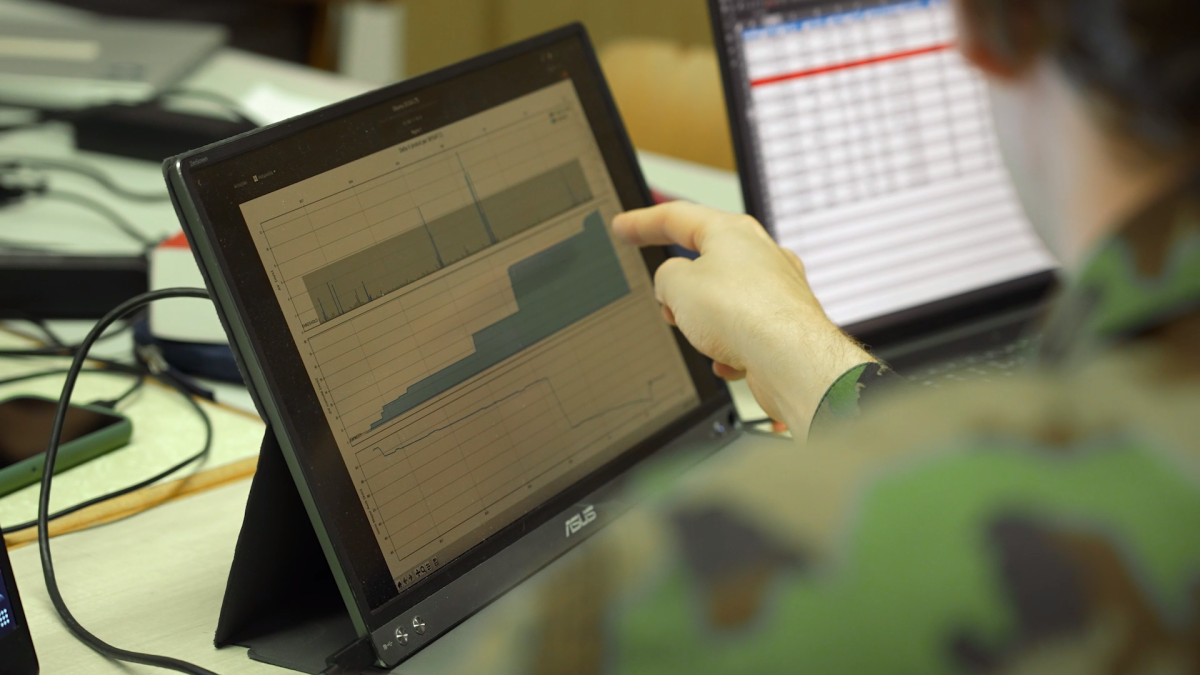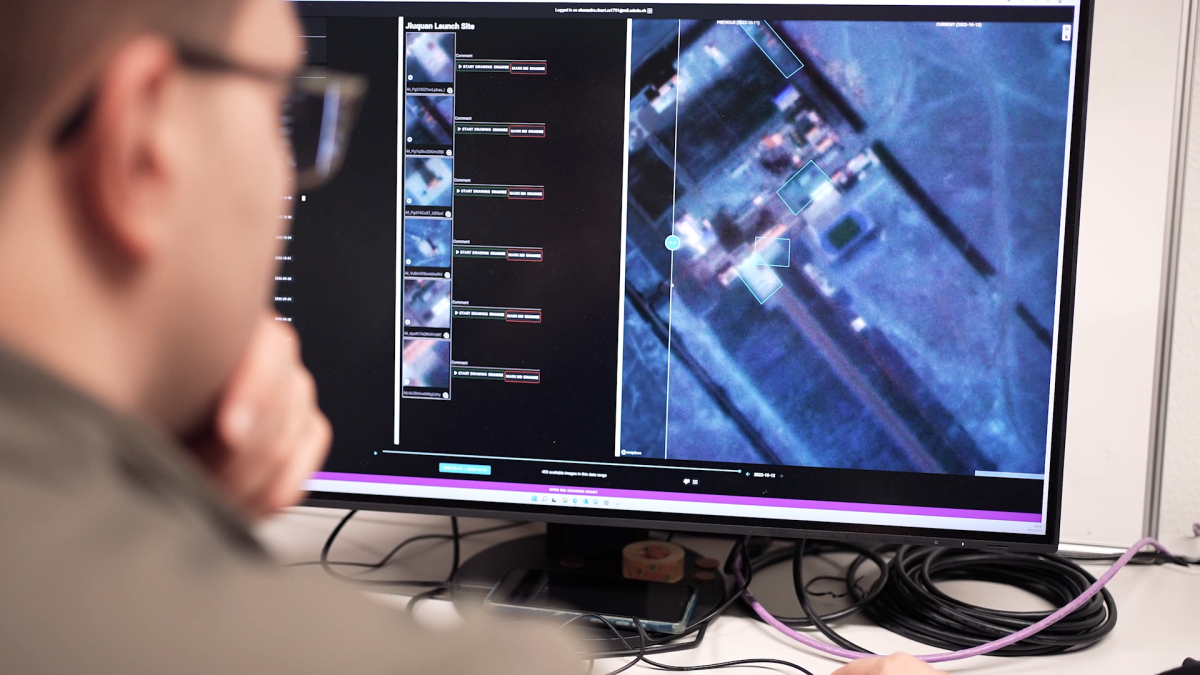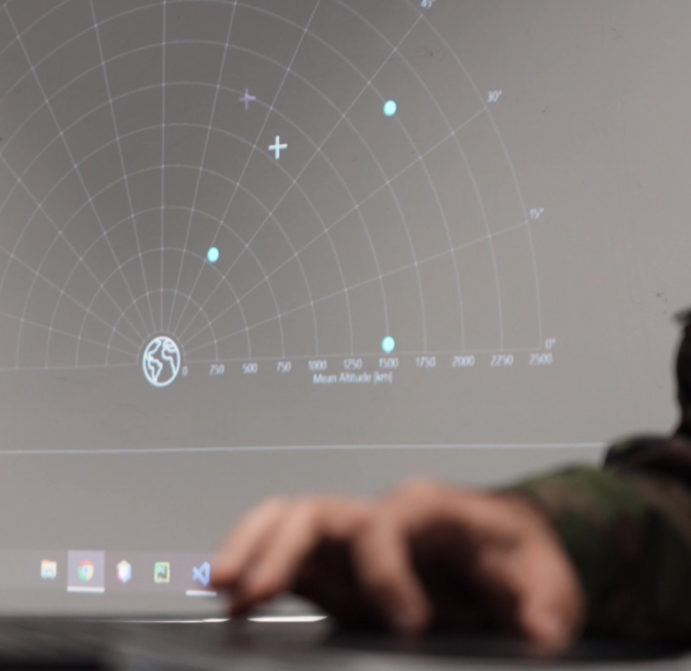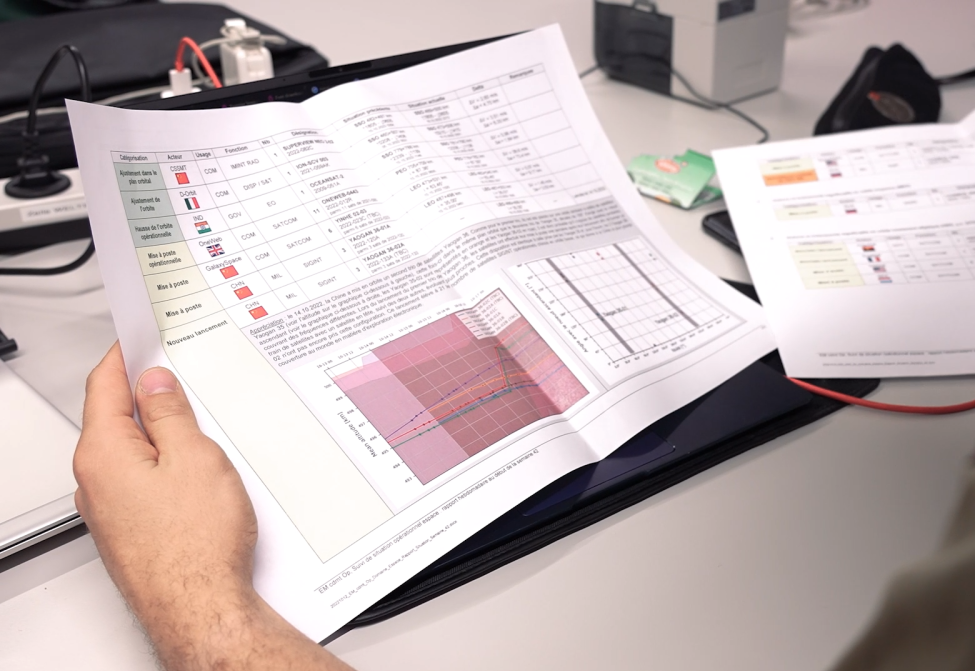Defense
Space capabilities do not ensure victory, but their absence ensures defeat.
Train your military personnel to be seasoned in space
One of the greatest challenges facing professional armies is to recruit space specialists. Both career paths of an officer and of a space specialist take years and individuals combining both backgrounds are extremely rare and high-priced.
As a militia, the Swiss Armed Forces recruited many experts in the field of space from freshly graduated students to full professors, including industrials from renowned space companies. By concentrating a wide variety of space specialists in a military structure, the Swiss Armed Forces developed its capabilities swiftly and faced many challenges that are common to most of the armed forces that are currently building up their space capabilities.
With this rich experience, we provide teaching for defense and governmental institutions precisely designed to make military personnel able to understand and predict the space Operational Domain and thus efficiently lead non-military specialized personnel and make important decisions related to space.
Step up

Train your personnel
Your personnel is your most precious asset. Train the people in your organization to understand the dynamics of the space Operational Domain for them to deliver useful products in the scope of your activities.

Build-up your space capabilities
Learn what capabilities various actors have in space and their impact on ground in order to decide in which direction to develop your space capabilities and justify investments.

Exercice your troops
On-demand, we can design exercises and simulated scenarios to test the capabilities of your teams.
Our offer for defense and governmental institutions

M-1
Space as an Operational Domain
How to create a space operations command ? Space is critical for modern military operations. Recent conflicts showed that although space assets do not guarantee victory, the absence of a space capability will guarantee defeat. In this module, the space Operational Domain is introduced through five aspects : Space Situational Awareness (SSA), intelligence, telecommunications, navigation and countermeasures. Through this module, attendees will:
- Know the 5 critical space capabilities.
- Understand the impact of space on other operational domains.
- Be introduced to space warfare.
M-2
Cartography of space actors capabilities
Many nations seek to enhance or create their space capabilities. Yet, space is a constant chessboard for potent states and any wrong move can lead to serious political troubles. This module provides a comprehensive overview of the military and dual capabilities that the largest states have. The module focuses on one state selected by the costumer and will teach the attendees:
- The historical background, evolution and current state of the country's space capabilities.
- Several examples cases of how the country acts in space.
- An insight on the space doctrine of the country and its possible future development.

M-2
Adversary possibilities
This module is a large review of space-enabled adversary possibilities that institutional actors may face. Attendees will be introduced to both optical and radar image intelligence (IMINT), signal intelligence (SIGINT), early warning (EW), inspection satellites and anti-satellite capabilities (ASAT) as well as how space impacts the unfolding of warfare in the information sphere of operation.

M-4
AGILE methodology for armed forces
Military doctrine and AGILE methodology seem irreconcilable. But the unique history of the Swiss Space Domain proves that their symbiosis is possible and it yields great results. This module introduces the attendees to what AGILE is, beyond being a buzzword, and how to implement it to fit military decision-making process.


M-5
A case study of military New Space
New Space is not new anymore, it is common. Yet, military satellites often remain in Classical Space due to their critical nature. This module teaches the attendees how the military can take advantage of New Space with dual applications or Public-Private Partnerships (PPP) to maximize their effects at low cost and to develop new capabilities or renew existing ones.